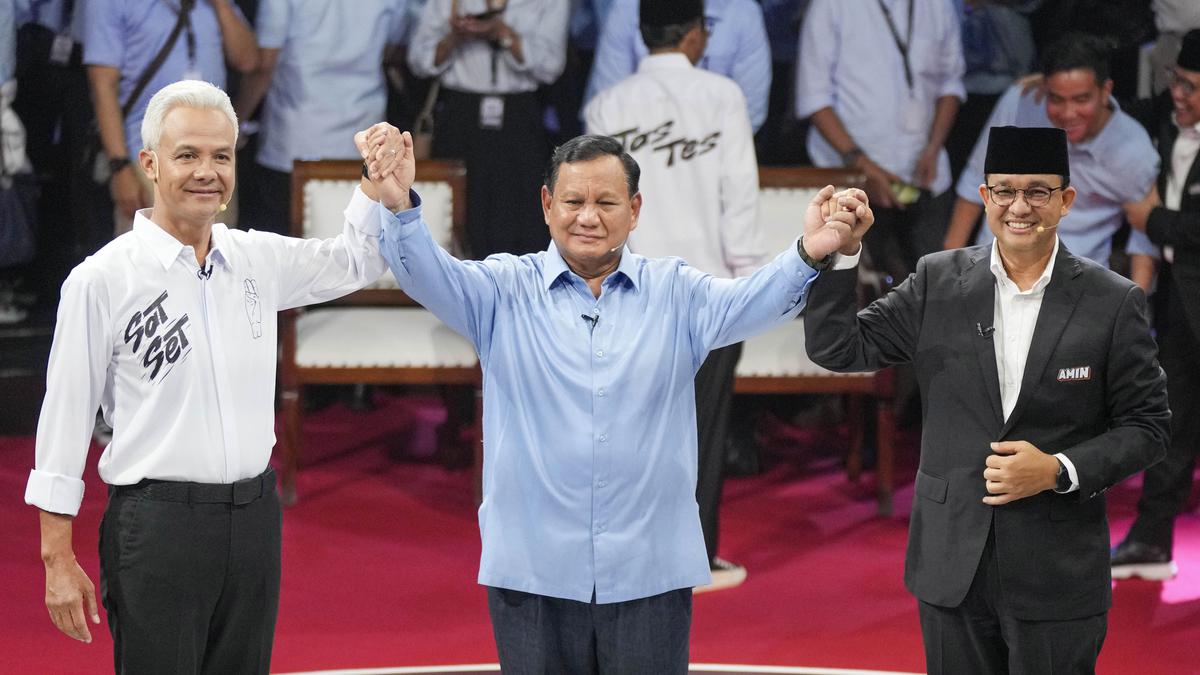
What’s at stake in Indonesia as the world’s third-largest democracy elects a new president?
The Hindu
Indonesia, the world's third-largest democracy, is holding presidential and legislative elections with nearly 205 million eligible voters.
Indonesia, the world’s third-largest democracy, will open its polls on Wednesday to nearly 205 million eligible voters in presidential and legislative elections, the fifth since Southeast Asia’s largest economy began democratic reforms in 1998.
The sprawling archipelago of 17,000 islands and more than 270 million people from about 1,300 ethnic groups is a bastion of democracy in Southeast Asia, a diverse and economically vibrant region of authoritarian regimes, police states and nascent democracies.
The presidential election will determine who will succeed President Joko Widodo, popularly known as Jokowi, who is serving his second and final term.
The election is shaping up to be a three-way race among current Defense Minister Prabowo Subianto and two former governors, Anies Baswedan and Ganjar Pranowo. If none of the candidates secures more than 50% of the votes in the first round, a runoff between the top two is scheduled for June 26.
Tens of thousands of candidates across the world’s largest archipelago nation are battling for some 20,000 national, provincial and district parliamentary positions. About 10,000 candidates from 18 political parties are contesting for spots in the 580-seat national parliament alone.
Political parties are required to have a woman in at least every third position in their party list, and parties need at least 4% of votes across the country to qualify for representation in the national parliament.
A party or coalition of parties needs to control at least 20% of seats in national parliament to nominate a presidential candidate.













